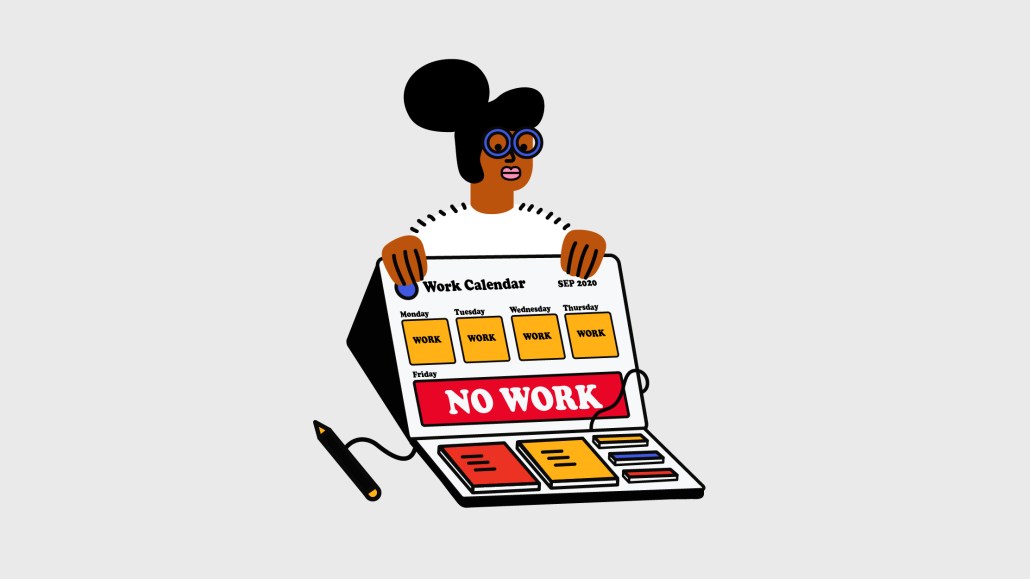Secure your place at the Digiday Publishing Summit in Vail, March 23-25

This story was first published by Digiday sibling WorkLife
Workers overall are unenthused about coming back to in-person work for a variety of reasons, a key one being they feel they’ve lost autonomy and control over their schedules. Now that’s making them resentful.
Those mandated to return to in-person work are more than twice as likely to feel resentment about it than those who are coming back due to strong pressure, according to a BetterUp survey including responses from over 1,000 U.S. based workers who’ve spent significantly more time in the office over the past year.
Aggrieved workers and frustrated leaders are bringing their concerns to the same people: middle managers.
“The higher ups in the organizations are the ones making the decision, but it falls to middle managers to figure out how to make it all work — how to govern the consequences of those decisions, and how to communicate what those sometimes very unpopular mandates mean,” said Brent Cassell, vp advisory at Gartner.
“Also, we expect them to be on the hook for ensuring the well-being of employees,” Cassell said.
About 20% of people mandated to return don’t trust their manager will act in their best interest, the BetterUp survey found, but managers play probably the most important role in making these transitions work, experts say.
The ongoing issue with returning to in-person work is how companies are deciding exactly what should be done on days spent in-office, and clearly translating those expectations as a justification to employees. That’s another task falling to middle managers, though they can quell some resentment if they effectively work through it.
“It’s all well and good to say my team is going to gather together on Wednesdays, but what exactly are we going to do on Wednesdays?” Cassel said.
To read the full story click here
More in Media

Media Briefing: As AI search grows, a cottage industry of GEO vendors is booming
A wave of new GEO vendors promises improving visibility in AI-generated search, though some question how effective the services really are.

‘Not a big part of the work’: Meta’s LLM bet has yet to touch its core ads business
Meta knows LLMs could transform its ads business. Getting there is another matter.

How creator talent agencies are evolving into multi-platform operators
The legacy agency model is being re-built from the ground up to better serve the maturing creator economy – here’s what that looks like.








